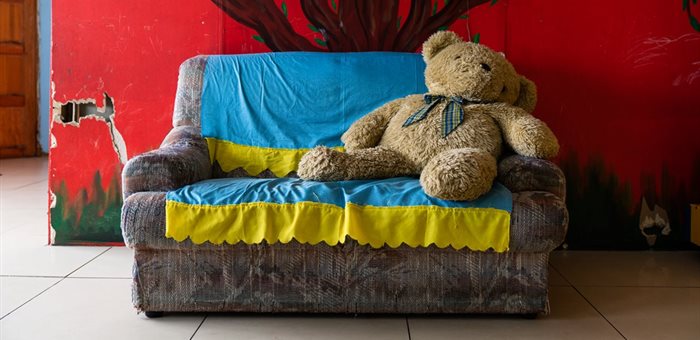






This year’s edition of the annual 16 Days Of Activism against Gender-Based-Violence campaign has been launched under the theme, “The Year Of Charlotte Mannya Maxeke – 16 Days of Activism – moving from awareness to accountability”.
Experts have identified a direct link between economic hardship and the risk of gender-based violence. One of the main reasons for this is that the poor find themselves at the bottom of a pyramid based on the abuse of the weak by the powerful. And among the poor, women and children are the most vulnerable of all.
FoodForward SA, food distribution non-profit organisation working to bring safe, nutritious, affordable and culturally acceptable food to those who need it, confirms this trend. Established in 2009, the NPO addresses hunger in South Africa by recovering quality, edible surplus food from the consumer goods supply chain and distributing it to community organisations that serve the poor.
“We see GBV as another pandemic,” says FoodForward SA managing director Andy Du Plessis. “It has a detrimental effect on women, children and our entire societal structure. Many of the organisations we work with are supporting women and children left destitute by GBV.”
“It’s all very well to say women should leave abusive households, for instance, but when they and their children are food insecure, they are often forced to make difficult choices between abuse and the day to day survival of their families. We believe creating food security for the poorest of the poor would be one of the most effective ways to address GBV.”
Among the 1,650 beneficiary organisations (BOs) within FoodForward SA’s network, is Phoenix Survival Centre in KwaZulu-Natal. The non-profit organisation was established in 2009 as a home for abused, abandoned and destitute women but has expanded to provide women with life skills so that they can become independent.
“Besides hunger, research shows that there are several physical, psychological and social consequences of food insecurity. Women, due to power inequality, make up a larger number of those in poverty and are at greater risk of food insecurity. Women who reported experiencing GBV are more likely to be food insecure,” du Plessis adds.
A UN report also suggests that food security interventions can reduce gender-based violence. Du Plessis says in this context, the work of FoodForward SA also serves as a catalyst for organisations working with GBV. The organisation has about 90 beneficiary organisations classified as shelters/rehab facilities, of which many are caring for abused women and their children.
“Economic abuse is an aspect of GBV and that can also lead to food insecurity. Abused women with a lower income level are often at greater risk of food insecurity after experiencing GBV, and at the same time poverty increases the risk of both GBV and food insecurity. Fighting food insecurity is one of the most powerful tools we have for reducing GBV in our society,” du Plessis concludes.